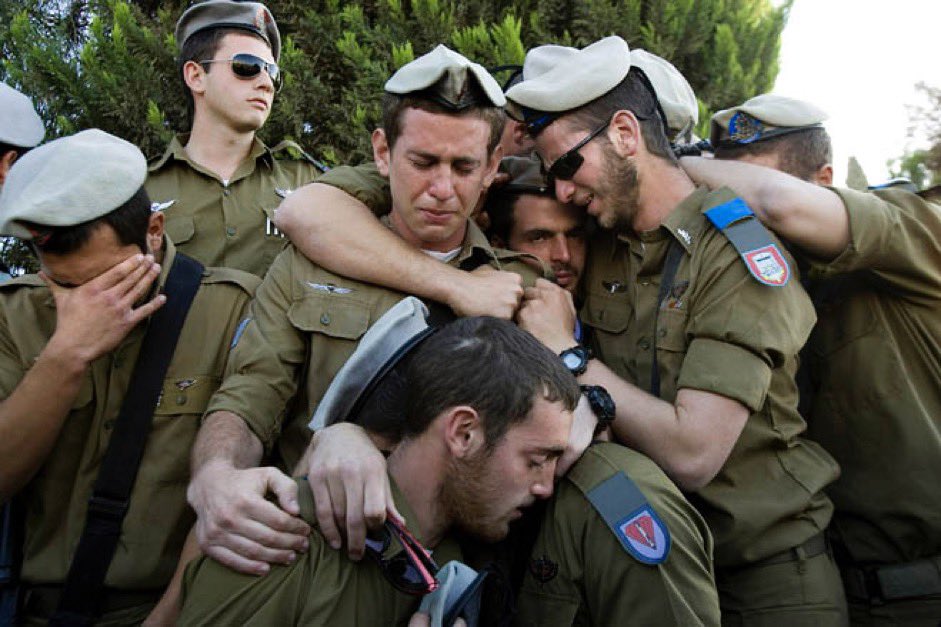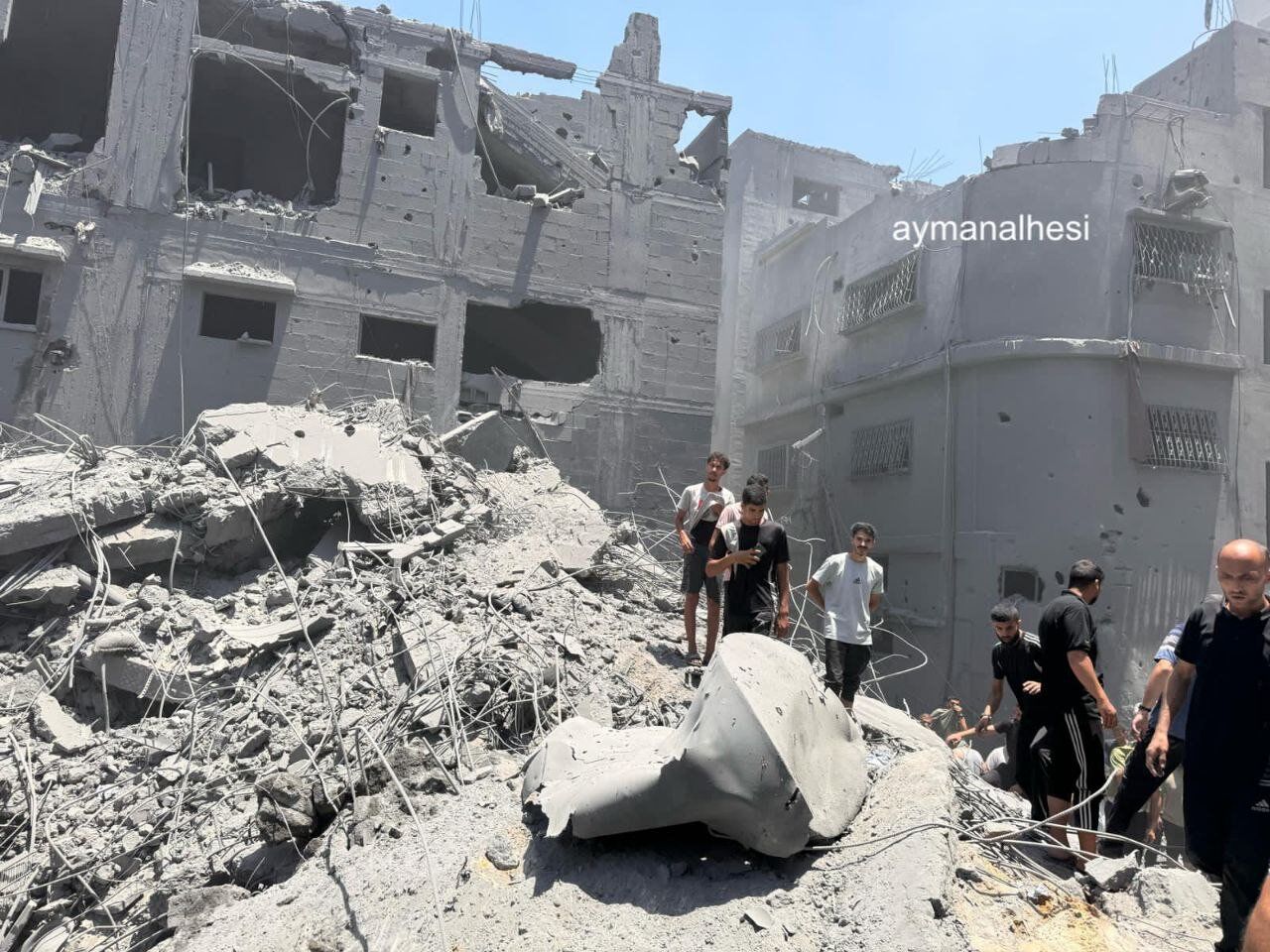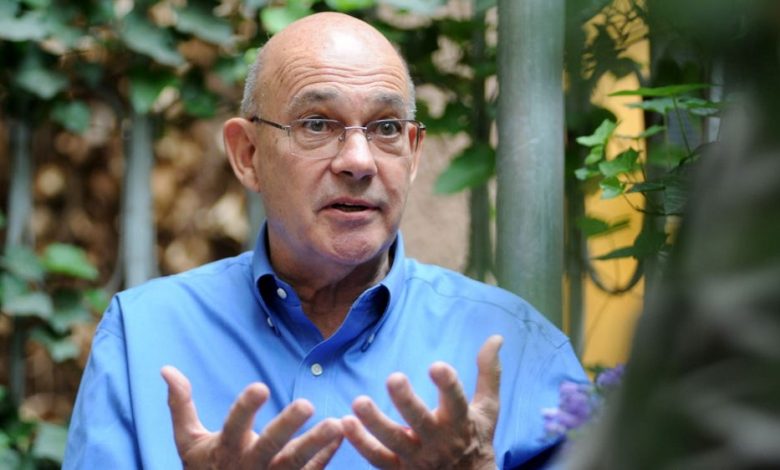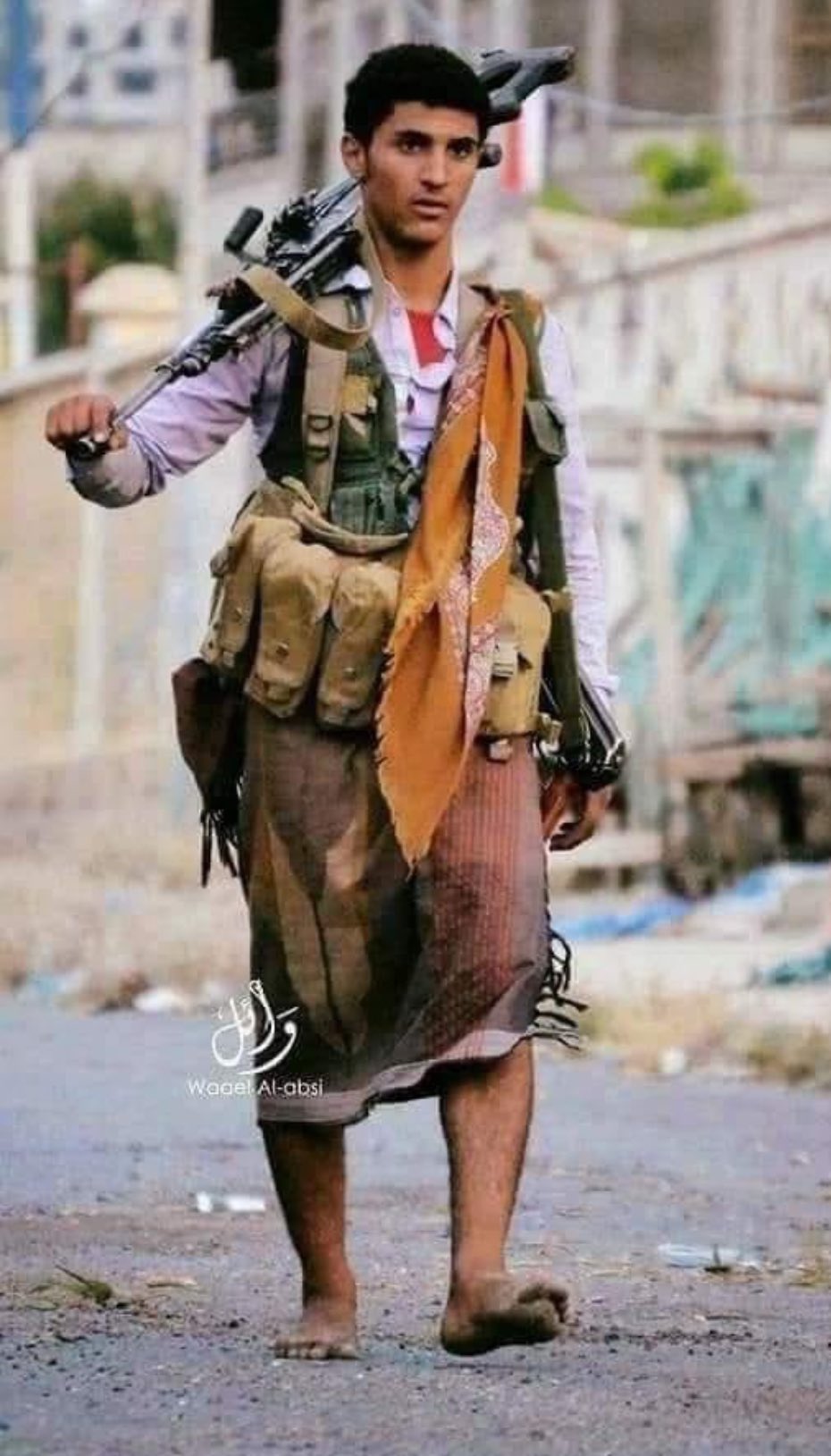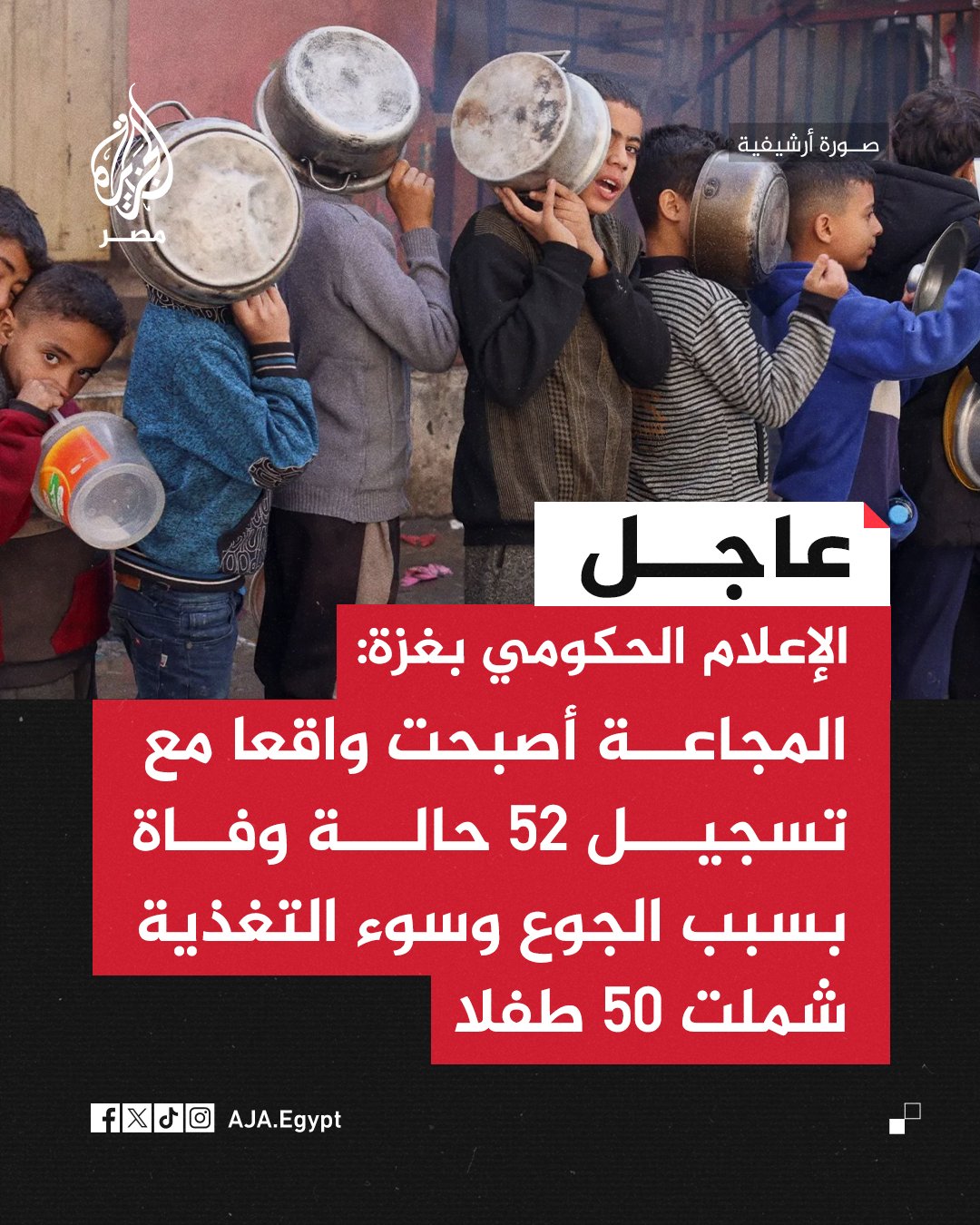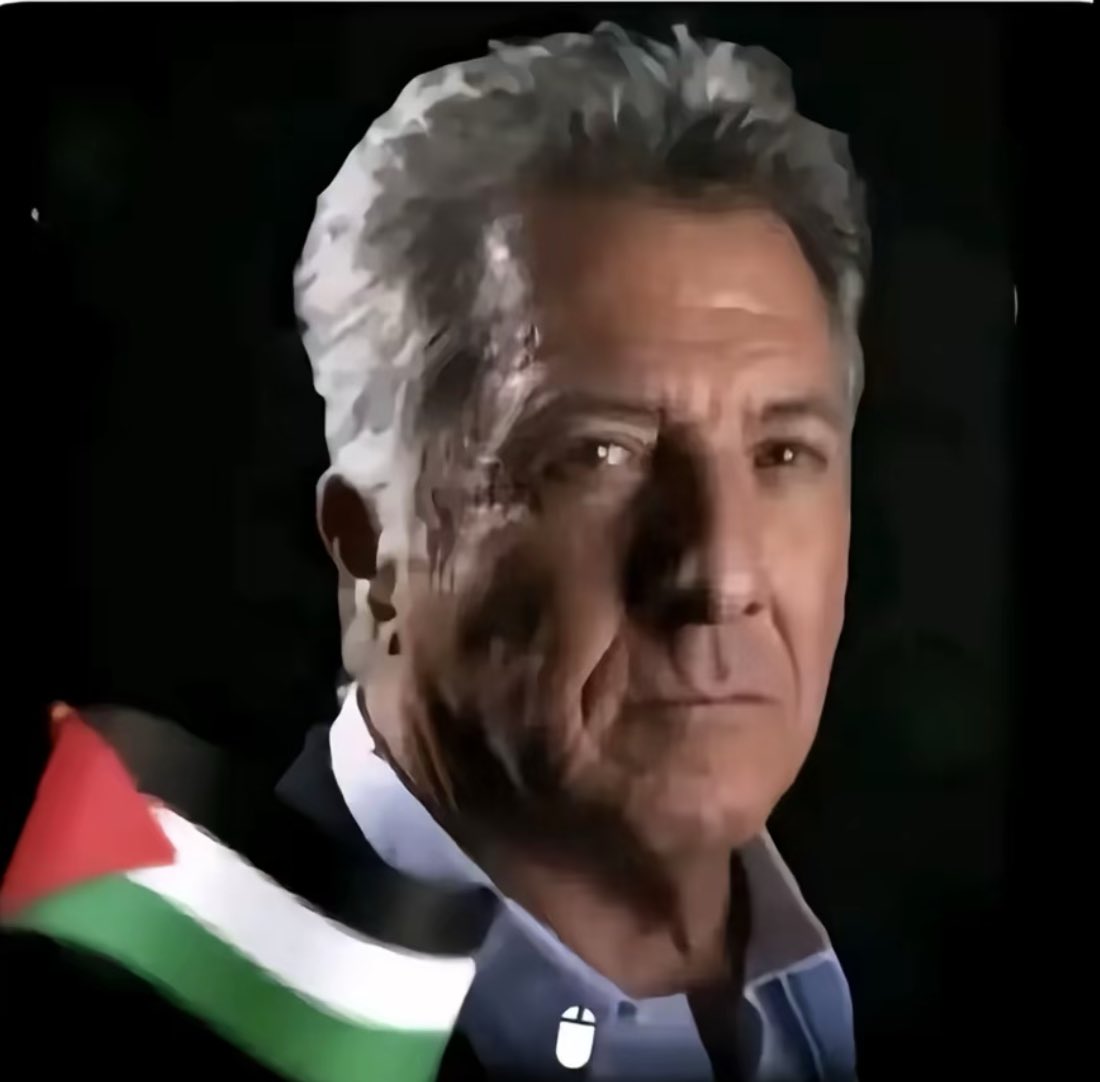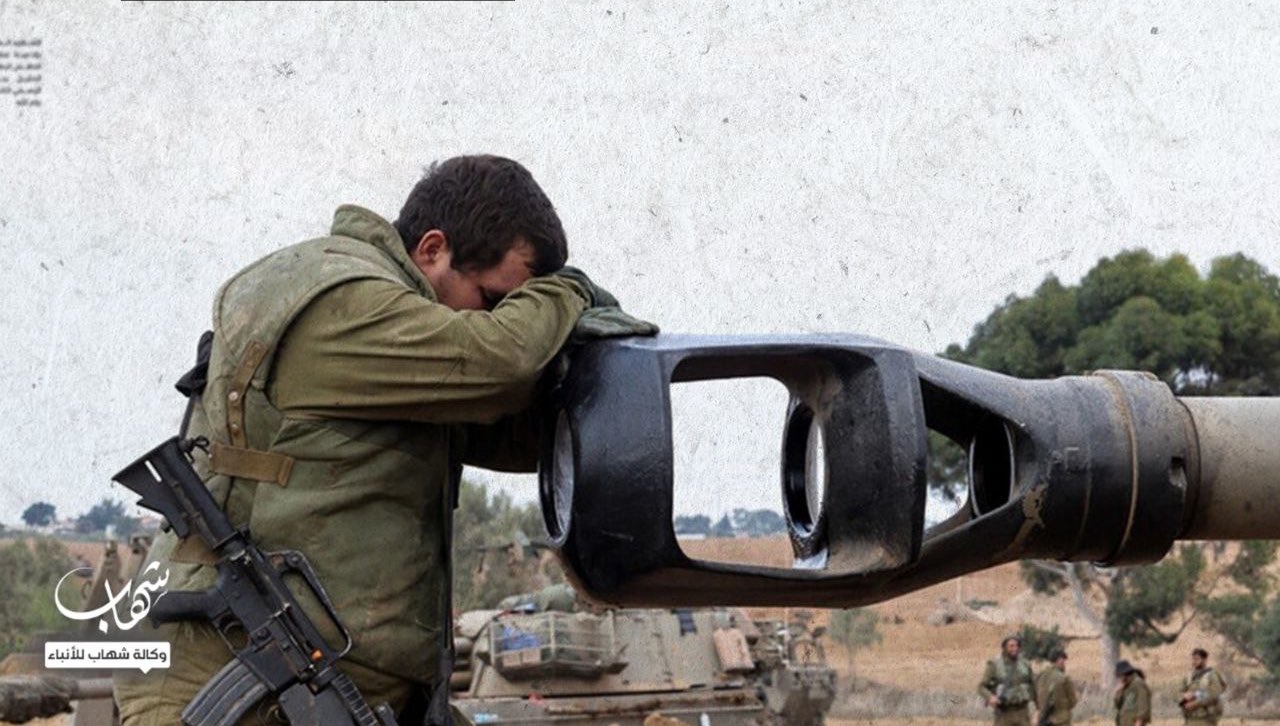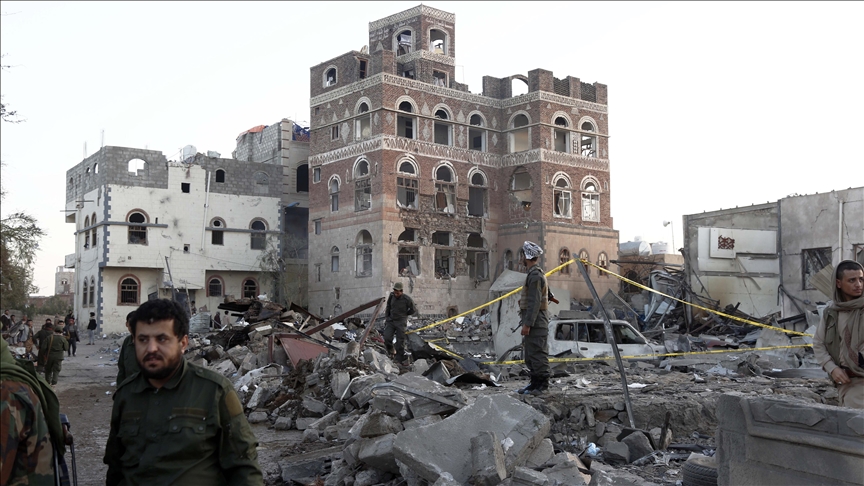Expert: Israel Army Suffers as it Fights on 2 Fronts
Military expert Dr. Nidal Abu Zeid confirmed that the Israeli occupation army has begun to suffer from problems related to ammunition and manpower, as a result of fighting on two fronts simultaneously. He added this contradicts its combat doctrine.
Abu Zeid added to Jordan24 that the issue of manpower shortage came as a result of the heavy losses suffered by the occupation forces on the southern Lebanon front.
This is in addition to the fact that only one in three males joins the army plus the fact that 15% of soldiers drop out during military service and do not serve in the reserves while the number of those who obtained exemptions from conscription for medical and psychological reasons has jumped from 4 to 8%, according to figures published by Israeli websites.
Abu Zeid pointed out Hezbollah’s success in bombing the Tzrifin military base, which is 120 kilometers from Lebanon with the Fateh 110 missile, which was used for the first time, is a step that falls within the framework of the equation of proportionality.
He added the base includes camps for training and military education and headquarters for senior officers in the artillery and communications corps and the military unit affiliated with the spokesman for the occupation army. Unit 108, which specializes in maintaining electronic and technical systems and equipment in the air force of the occupation army, also operates in the base.
Regarding the developments in the Gaza Strip, Abu Zeid pointed out that the occupation army withdrew its 252 Reserve Division, which was deployed in two brigades in the Netzarim axis, and returned its 99 Infantry Division (reserve) to the Netzarim axis, which indicates that the occupation no longer has the luxury of military options.
He added that so the Israeli army is returning the divisions it withdrew from months ago to the same combat axes after restoring some of its losses, and this is something that has operational caveats as it ultimately leads to the construction of fragile military units and leads to the soldiers losing their fighting spirit, which explains the low level of combat operations in the Gaza Strip.

